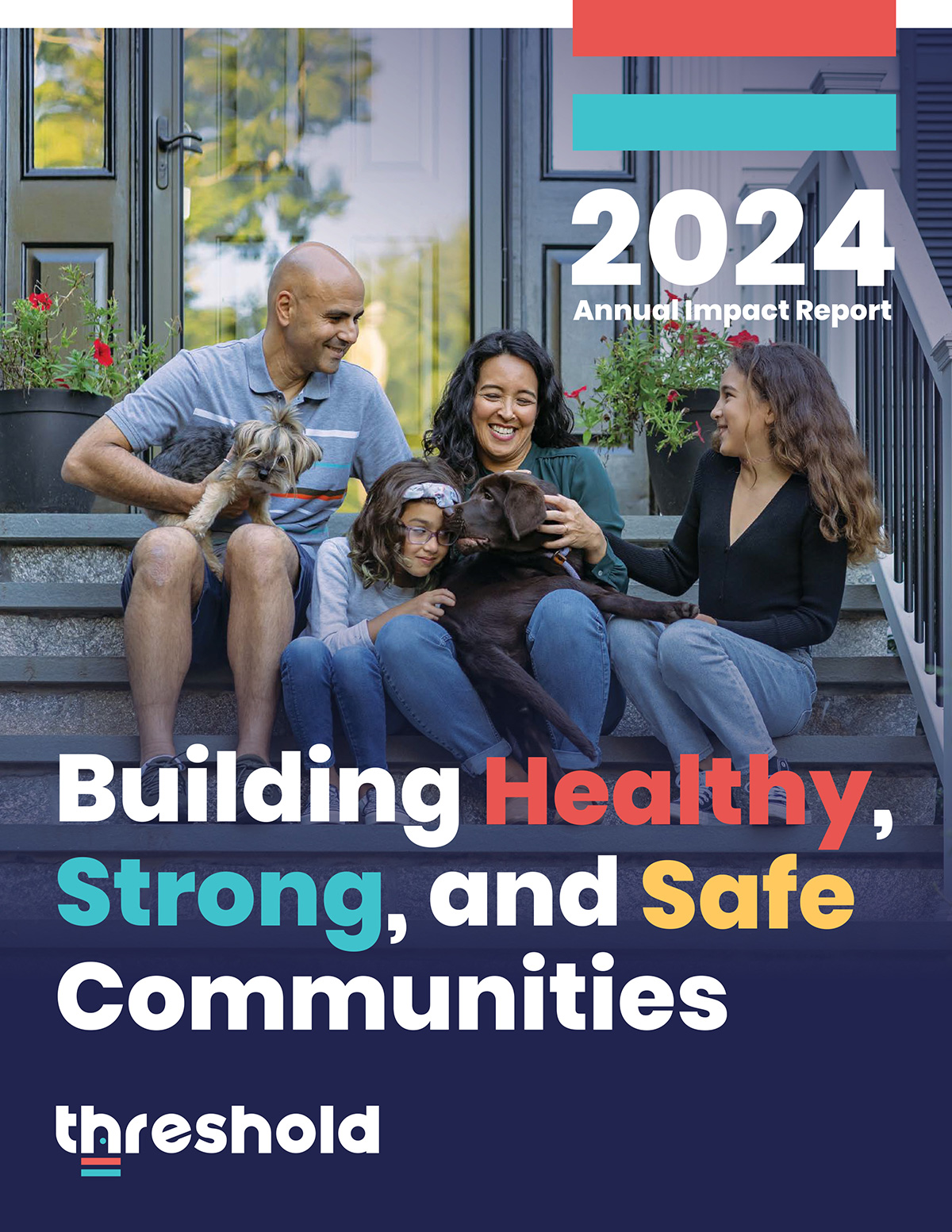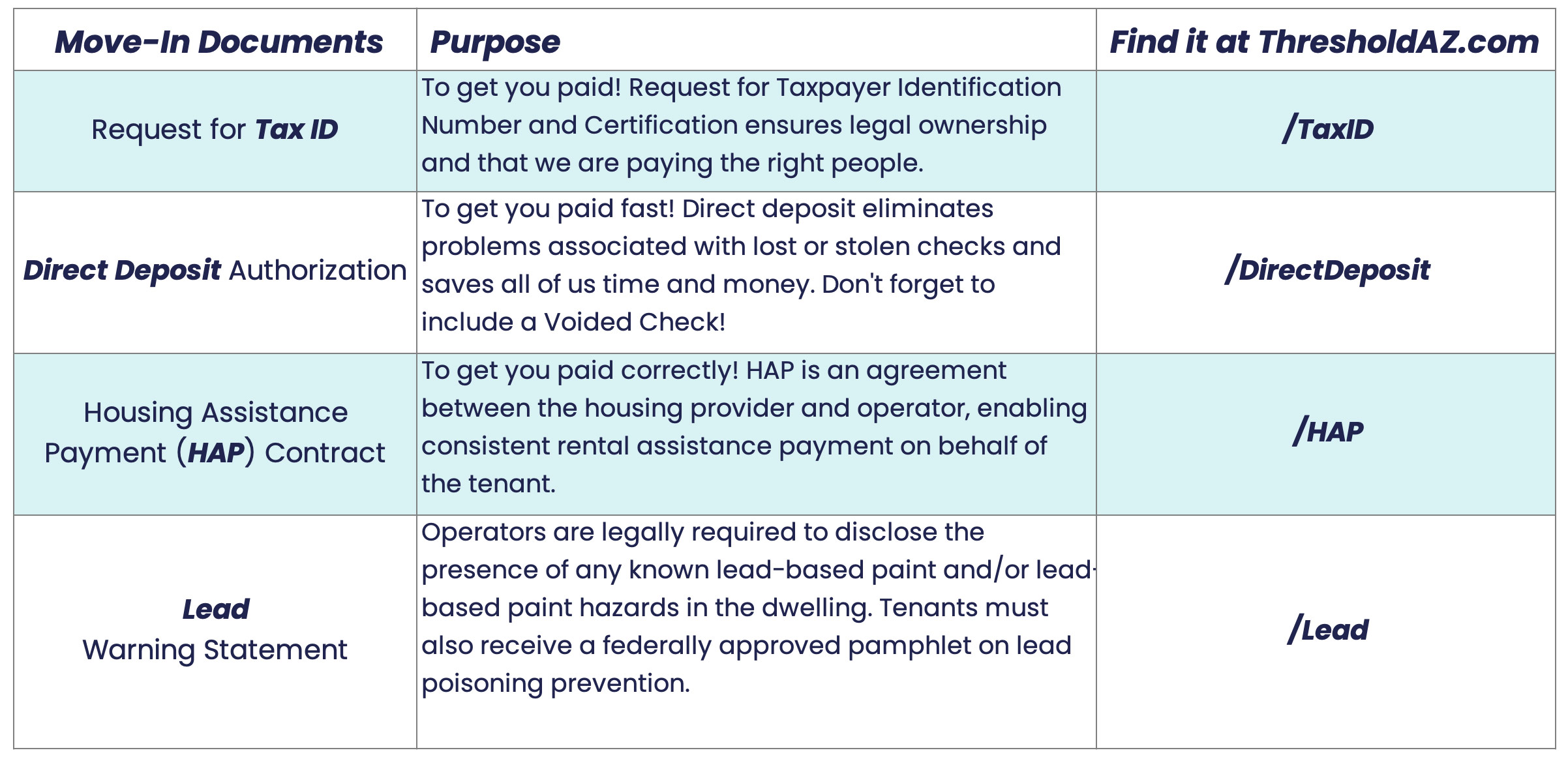In the ongoing battle against homelessness, housing vouchers have emerged as a crucial tool. These vouchers offer financial assistance to low-income individuals and families. The primary aim is simple yet profound: to enable recipients to afford housing in the private market, thereby preventing homelessness before it occurs.
Housing vouchers serve as a lifeline for individuals and families facing housing instability. By subsidizing a portion of the rent, these vouchers enable low-income households to access housing options that would otherwise be out of reach. This direct financial assistance prevents homelessness and empowers recipients to secure stable living arrangements in the private rental market.
The proactive nature of housing vouchers is particularly noteworthy. Unlike reactive measures such as emergency shelters, vouchers intervene early in the cycle of housing instability. By providing reliable financial support, they mitigate the risk of eviction and homelessness. This fosters a sense of security and stability among recipients.

Understanding and promoting the utilization of housing vouchers is vital for several reasons. It represents a proactive approach to addressing homelessness by tackling its root causes—financial instability and lack of affordable housing options.
"We have a lot more demand on homelessness than we have a supply of permanent housing," says Brian Peterson, President and Chief Operating Officer at HOM, Inc. "It's vital that we utilize all the vouchers we can. For every voucher that goes unutilized, it's an individual or family that remains homeless."
Benefits of Housing Vouchers
One of the most significant benefits of housing vouchers is their ability to reduce the rent burden on low-income households. Typically, recipients must contribute only about 30% of their income toward rent, with the voucher covering the remainder. This reduction makes housing more affordable and frees up financial resources. Those resources then can be allocated to other essential needs such as healthcare, education, and savings.
Vouchers play a crucial role in preventing evictions by ensuring that housing costs remain manageable. Stable housing, in turn, promotes overall housing stability and reduces the disruption and trauma associated with forced moves. Families and individuals can focus on building their futures and contributing positively to their communities without the constant threat of losing their homes.
Statistics consistently demonstrate the efficacy of housing vouchers in reducing housing instability. Studies show households receiving vouchers are less likely to experience eviction or become homeless than those without such assistance. This evidence underscores the cost-effectiveness and social benefits of investing in voucher programs as a preventive measure against homelessness.
Stable housing provides a foundation for individuals and families to pursue long-term goals like education and employment. This stability breaks the cycle of homelessness by addressing its underlying causes.

When housing is secure and affordable, individuals can dedicate their energies to advancing their careers.
Housing Vouchers are Empowering
Housing vouchers allow recipients to choose housing that meets their needs and preferences. Unlike traditional housing assistance programs that limit choices, vouchers empower individuals and families to select housing in neighborhoods with better schools, safer environments, and closer proximity to job opportunities. This flexibility enhances quality of life and promotes community integration and economic mobility.
The ability to choose one's housing fosters a sense of dignity and independence among voucher recipients. Rather than being confined to predetermined housing options, individuals can exercise autonomy in selecting a home that aligns with their personal preferences and family dynamics. This empowerment contributes to a positive self-image and reinforces the idea that housing stability is a fundamental right.
Petersen says housing vouchers also give property owners and operators a greater sense of security.
"We've been able to increase the number of landlords that are willing to consider an application by a tenant that's coming through one of the housing programs," says Petersen. "By giving [the homeless] a choice of hundreds of units and multiple ZIP Codes to choose from, that within itself begins to remove some barriers."
Petersen says landlord outreach through Threshold, launched in 2021, has helped property managers set expectations for challenges that may arise by accepting a new tenant that's coming out of homelessness.
"We can mitigate some of the landlord's concerns through protections against property damages and unexpected vacancy losses," Petersen said. "We can eliminate some of the landlord's concerns with income questions because of the promise of a subsidy that's going to be paid through the programs."
Housing Vouchers Help the Community
As housing vouchers enable more individuals and families to secure permanent housing, the demand for emergency shelters decreases correspondingly. This reduction in shelter usage alleviates strain on emergency shelter resources and allows these facilities to focus on providing temporary assistance to individuals facing immediate housing crises. By diverting resources from emergency response to long-term prevention, vouchers support a more sustainable approach to addressing homelessness.
Compared to the ongoing operational costs of emergency shelters, housing vouchers offer a cost-effective alternative for addressing homelessness. Vouchers represent a strategic investment in housing stability, providing a long-term solution that reduces the need for emergency interventions and associated social costs. This efficiency in resource allocation ensures that limited funding and community support can be maximized to achieve lasting outcomes.
The reallocation of resources from emergency shelters to preventive measures such as housing vouchers has broader implications for community welfare. It allows for strategic planning and coordination among service providers, local governments, and nonprofit organizations to create a comprehensive homelessness response system.

Communities can achieve greater resilience and social equity by prioritizing prevention and long-term stability.
Housing Vouchers Save Money
Housing vouchers are effective in reducing homelessness and demonstrate significant cost savings compared to maintaining emergency shelters. Studies consistently show that the long-term costs associated with homelessness—including emergency healthcare, law enforcement, and social services—are far greater than the upfront investment in housing vouchers. By preventing homelessness and its associated crises, vouchers offer a cost-effective solution that saves taxpayer dollars and improves community outcomes.
Investing in housing vouchers yields substantial long-term financial benefits for communities. By providing stable housing, vouchers reduce the strain on public resources and promote household economic stability. Families and individuals who receive housing assistance are better positioned to contribute positively to the local economy through employment, consumer spending, and community engagement. This economic ripple effect underscores the value of vouchers as an investment in community well-being.
The shift toward housing vouchers reflects a broader commitment to sustainable solutions for homelessness. Unlike temporary interventions, vouchers offer a pathway to stable housing and self-sufficiency, breaking the cycle of homelessness for individuals and families. This approach aligns with best practices in social services, emphasizing prevention, empowerment, and long-term resilience.
"While Rapid Rehousing is an intervention, it's a temporary one," says Petersen. "It's not permanent. Individuals that come through and need assistance need permanent supportive housing. In the overall scheme of things, utilization is key because, on a very practical level, we want to house all the people was can. And then on a bigger-picture level, we want our funders to understand that every drop of what they're giving to us is being used and we need more. We don't want to send the opposite message with poor program management that results in underutilization of funds."
Housing Vouchers Help Everyone
Housing vouchers are designed to meet the diverse needs of vulnerable populations, including veterans, the elderly, and individuals with disabilities. Targeted voucher programs offer specialized assistance tailored to the unique challenges faced by these groups, ensuring they have access to safe and stable housing options. By addressing specific needs through targeted support, voucher programs play a crucial role in preventing homelessness among some of our communities' most vulnerable members.
Veterans
Veterans voucher programs provide housing assistance to military veterans. These programs recognize the sacrifices made by veterans and provide essential support to facilitate their integration into civilian communities.
Elderly
Elderly voucher programs assist seniors in accessing affordable housing options that meet their needs for safety, accessibility, and community support. These programs enable elderly individuals to age in place with dignity and independence, reducing the risk of homelessness as they navigate retirement and health-related challenges.
Individuals with Disabilities
Voucher programs for individuals with disabilities offer vital support by ensuring access to accessible housing and supportive services. These programs empower individuals with disabilities to live independently and participate fully in community life. They also mitigate the risk of homelessness and promote inclusion and equality.
Centralizing these voucher programs into a cohesive, accessible resource ensures that all homeless individuals, regardless of their circumstances, have equitable access to safe and dignified housing solutions. By integrating targeted support into the broader homelessness prevention framework, communities can build more resilient and inclusive environments for all residents.
Looking Ahead
The continued expansion and enhancement of housing voucher programs holds promise for reducing homelessness and improving social outcomes. By leveraging partnerships, innovation, and evidence-based practices, we can build inclusive communities where everyone can access safe, dignified housing. By advocating for policies that support voucher utilization and amplifying the voices of those impacted by housing instability, we can create positive change and build a future where homelessness is rare, brief, and non-recurring.














